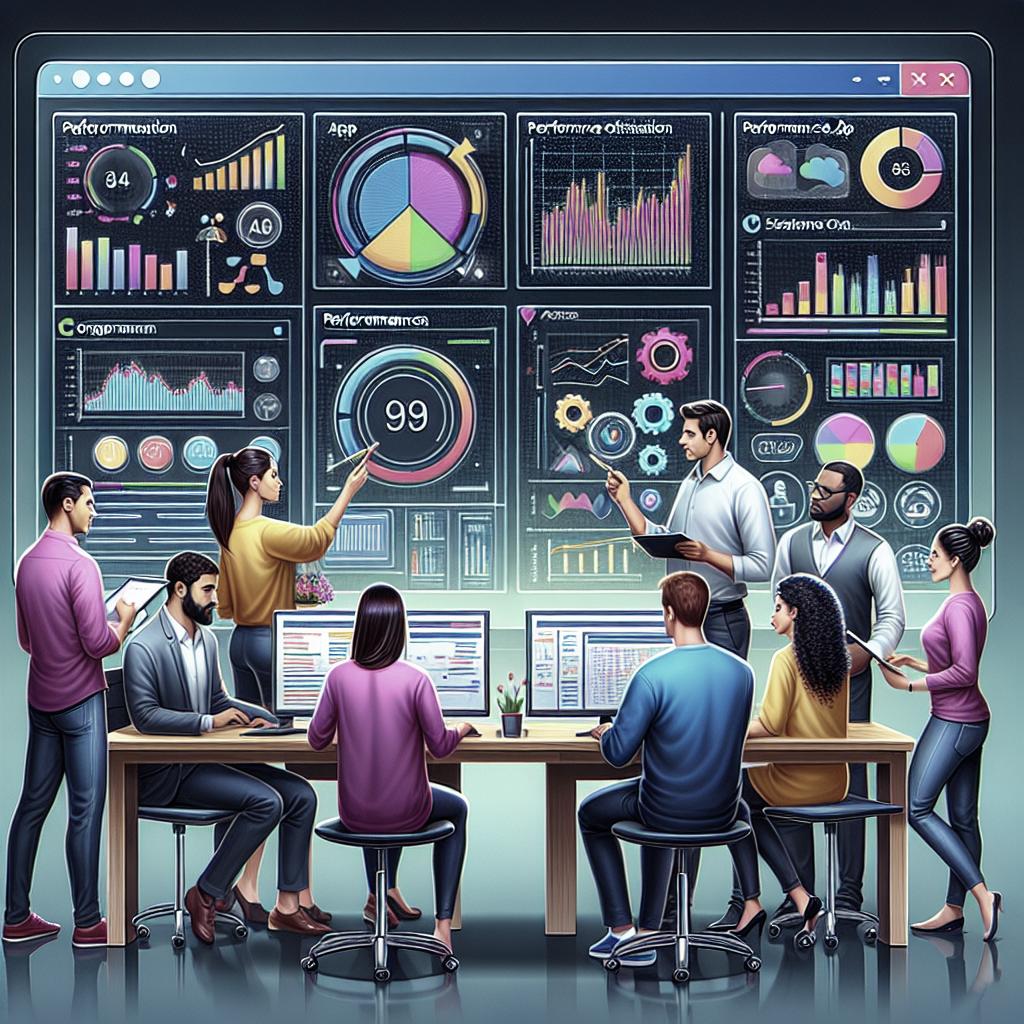The Role of APIs in Business App Development
In today’s digital age, APIs (Application Programming Interfaces) have revolutionized the way businesses develop their applications. They act as bridges, enabling seamless communication between different software systems, allowing developers to build more dynamic, feature-rich, and scalable applications. This blog post delves into the critical role of APIs in app development, discussing their function, their integration with software programming frameworks, and the advantages of modernizing your APIs. We will also explore their importance in full-stack development and why they are increasingly becoming the backbone of future app development strategies.
What are APIs?
APIs, short for Application Programming Interfaces, are sets of rules and protocols that allow different software applications to communicate and share data. Think of APIs as translators that help different softwares understand each other and work in harmony. They define methods of communication between different software components, making it easier for developers to build applications that interact smoothly with other systems and services.
For businesses, APIs are instrumental in enabling the integration of new technologies with existing systems. They help organizations extend their functionalities, use third-party services, and improve user experiences by tapping into external platforms’ capabilities. With APIs, developers can focus more on building core application features without the need to reinvent the wheel for every auxiliary function.
What is the Role of APIs in App Development?
In the realm of app development, APIs serve as foundational tools that simplify complex programming processes. They provide developers with pre-built functions, reducing the need for extensive coding and accelerating development cycles. This allows for rapid prototyping and deployment, which is essential in a competitive market where time-to-market is critical.
APIs also empower developers to easily integrate diverse functionalities into their applications. Whether it’s integrating payment gateways, mapping services, or social media interactions, APIs offer ready-made solutions to extend app capabilities. This not only saves development time but also ensures that apps remain robust and reliable by leveraging proven, third-party technologies.
What is the Role of API and Framework in Software Programming?
Software programming often involves the use of frameworks, which provide a foundation on which developers can build applications. APIs are integral to these frameworks, offering standard methods for interacting with the various components that make up the software environment. By using APIs within a framework, developers can streamline functionality and create more consistent and efficient code.
Furthermore, APIs facilitate the modularity of software programming. They allow for the separation of concerns, where different parts of a program can be developed and maintained independently. This makes software more flexible and scalable, as developers can update or replace individual modules with minimal impact on the overall system.
What Are the Benefits of API Modernization?
API modernization refers to the process of updating and optimizing existing APIs to meet current business and technology needs. One of the key benefits of API modernization is improved performance. Modern APIs are often built using the latest protocols and standards, reducing latency and enhancing response times, which is crucial for user-centric applications that demand real-time interactions.
Another significant advantage is increased security. Today’s APIs employ advanced authentication and encryption methods to protect sensitive data and prevent unauthorized access. Modern APIs can also be more easily monitored and managed, allowing businesses to quickly identify and remedy any potential vulnerabilities.
What is the Role of APIs in Full-Stack Development?
In full-stack development, where developers work on both the front-end and back-end of an application, APIs play a pivotal role in facilitating communication between these layers. They provide the necessary interface for the front-end to interact with the server-side processes, such as retrieving and sending data to the database or accessing business logic stored on the server.
APIs enable full-stack developers to create seamless user experiences by ensuring that the front-end components can reliably connect with back-end functionalities. This integration is crucial for delivering responsive and interactive applications that meet users’ expectations across various devices and platforms.
Why APIs Are the Future of App Development
The future of app development will increasingly hinge on the strategic use of APIs. As businesses continue to innovate, APIs offer the flexibility needed to integrate cutting-edge technologies like artificial intelligence, machine learning, and the Internet of Things (IoT) into applications. They reduce the technical barriers for incorporating external services, allowing developers to harness the power of the latest advancements.
Additionally, APIs foster collaboration by enabling different parts of an organization to build and evolve their systems independently while still maintaining a cohesive integration with the overall IT infrastructure. This ensures agility and adaptability, qualities that are paramount in the fast-paced digital landscape.
Future Prospects
| Aspect | Details |
|---|---|
| Definition of APIs | APIs enable communication between software applications by providing standard protocols and functionalities. |
| Role in App Development | APIs simplify complex processes, accelerate development, and integrate various functionalities efficiently. |
| Integration with Frameworks | APIs ensure modularity and consistency within software frameworks, facilitating efficient coding practices. |
| Modernization Benefits | Improves performance, security, and management of systems, adapting to modern technology standards. |
| Full-Stack Development | APIs connect front-end and back-end, enabling seamless user experiences across platforms. |
| Impact on Future Development | APIs enhance flexibility and innovation by integrating advanced technologies, fostering organizational collaboration. |


